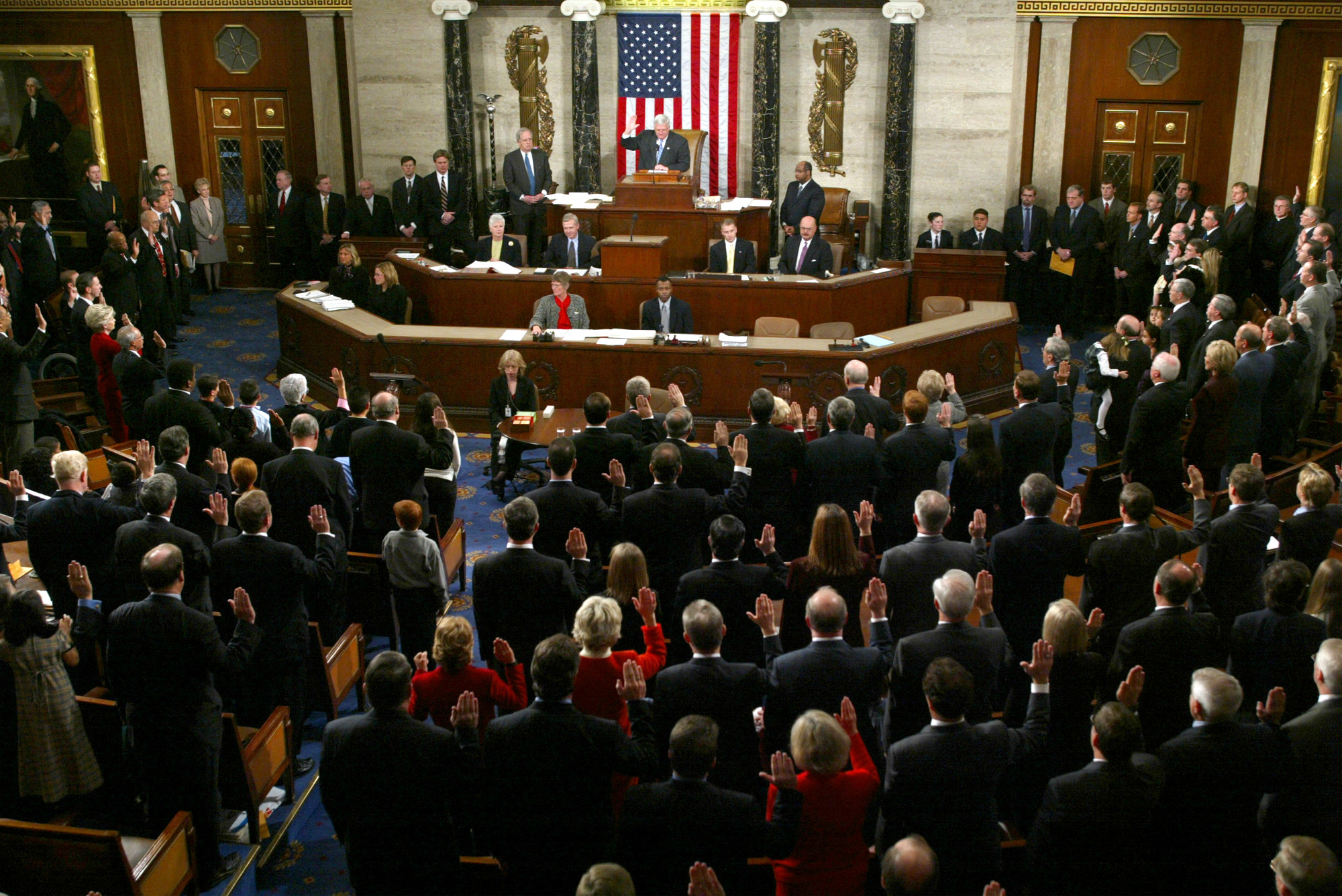On January 3, 2017, Sen. Dean Heller (R-NV) introduced S.15, the ‘Iran Ballistic Missile Sanctions Act’. This bill is a virtual copy of the Iran Ballistic Missile Sanctions Act of 2016, which was introduced by Sen. Kelly Ayotte (R-NH) and which was also submitted as an amendment to the 2017 National Defense Authorization, though never considered for a vote. If enacted, this bill would clearly violate the U.S.’s obligations under the Joint Comprehensive Plan of Action (“JCPOA”) in ways that could prove fatal to the nuclear accord and the long-term restrictions it imposes on Iran’s nuclear program.
This bill would impose sanctions on Iran that could dwarf those that existed on Iran prior to the JCPOA. Specifically, this bill’s provision for broad sectoral sanctions – including sanctions on Iran’s universities and research facilities – would effectively impose a unilateral blockade of Iran, insofar as it threatens sanctions on foreign persons or entities that engage in transactions with broad sectors of Iran’s economy. Considering that the U.S. is obligated under the Iran deal to agree on “steps to ensure Iran’s access in areas of trade, technology, finance, and energy,” such broad sectoral sanctions would be a clear violation of the JCPOA and would pit the United States against the rest of the world.
This bill would also likely re-impose sanctions on Iran that were lifted under the nuclear accord. For instance, this bill allows for the imposition of sanctions on Iran’s entire energy sector. § 7.4 of Annex II to the JCPOA, however, requires the United States to lift sanctions on persons and entities that “are part of the energy sector of Iran.” The re-imposition of sanctions on such persons and entities could place the U.S. in violation of § 26 of the JCPOA’s Main Text. In a similar vein, this bill risks the re-imposition of sanctions on persons or entities listed in previous UNSCR Annexes but for whom sanctions were lifted under the JCPOA. This would constitute a clear violation of § 26 of the JCPOA’s Main Text.
Below is a summary of the legislation’s provisions:
- Impose Broad Sectoral Sanctions on Large Swaths of Iran’s Economy, Including Universities
- This bill would impose sanctions on Iranian persons that operate in sectors of Iran’s economy deemed to facilitate, support, or otherwise assist in the development of or transfer to Iran of ballistic missiles or technology, parts, components, or technology information for such program. This bill identifies Iran’s automotive, chemical, computer science, construction, electronic, energy, metallurgy, mining, petrochemical, research (including universities and research institutions), and telecommunications sectors as those that may be supporting Iran’s development of ballistic missiles. This bill also includes a provision under which the Comptroller General would conduct a review of the sanctions imposed to see whether additional persons (or sectors) should likewise be sanctioned in a process that would effectively deputize anti-Iran hawks outside the Government to oversee the work of the U.S. administration in designating Iranian persons and entities.
- Impose Secondary Sanctions on Foreign Banks Transacting with Persons Designated for Involvement in Iran’s Development of Ballistic Missiles and Related Technologies
- This bill would broaden the scope of U.S. secondary sanctions by targeting foreign banks that conduct transactions with or provide financial services for persons designated for involvement in Iran’s development of ballistic missiles or launch technologies. This bill would also limit the U.S. administration’s waiver authorities with respect to the imposition of financial sanctions under CISADA.
- Impose Secondary Sanctions on Iranian Entities in which Certain Sanctioned Iranian Defense Entities Hold Beneficial Ownership
- This bill would extend sanctions on Iran’s Aerospace Industries Organization (AIO), Shahid Hemmat Industrial Group (SHIG), and Shahid Bakeri Industrial Group (SBIG) to include (1) entities owned 25% or more by such entities; (2) persons that control, manage, or direct such entities; and (3) persons on the board of directors of such entities. This bill would also impose secondary sanctions on all persons or entities designated pursuant to this section. This bill would also require the Treasury Secretary to create a list of entities in which the AIO, SHIG, or SBIG (1) maintains an interest that is more than 0% but less than 25%; or (2) maintains a presence on the board of directors but lacks any ownership interest. Such a list would likewise be subject to the review of the Comptroller General.
- Risk Re-Imposing Sanctions on Persons Formerly Sanctioned by the UN Security Council and Formerly Listed on OFAC’s SDN List
- This bill would mandate the President to certify that each person or entity listed in UNSCR Annexes – in particular those that have been superseded by UNSCR 2231 – are no longer facilitating, supporting, or involved with Iran’s ballistic missile program. If the President is unable to make such determination, then the President is required to re-impose sanctions on such persons or entities in a manner that would directly contradict the U.S.’s JCPOA commitments.
- Amend the Iran Sanctions Act to Impose Sanctions on Persons that Provide Iran with Items that May Contribute to Its Development of Ballistic Missiles or Launch Technologies
- This bill would amend the Iran Sanctions Act (ISA) to require sanctions on persons that export, transfer, or otherwise provide to Iran goods, services, technology, or other items that may contribute to Iran’s ability to acquire or develop ballistic missiles and launch technologies.
- Impose Secondary Sanctions on Persons that Aid Iran in the Development of Ballistic Missile
- This bill would require the President to report to Congress on persons that have knowingly aided Iran in the development of its ballistic missile program and to impose sanctions on such persons, including secondary sanctions.
